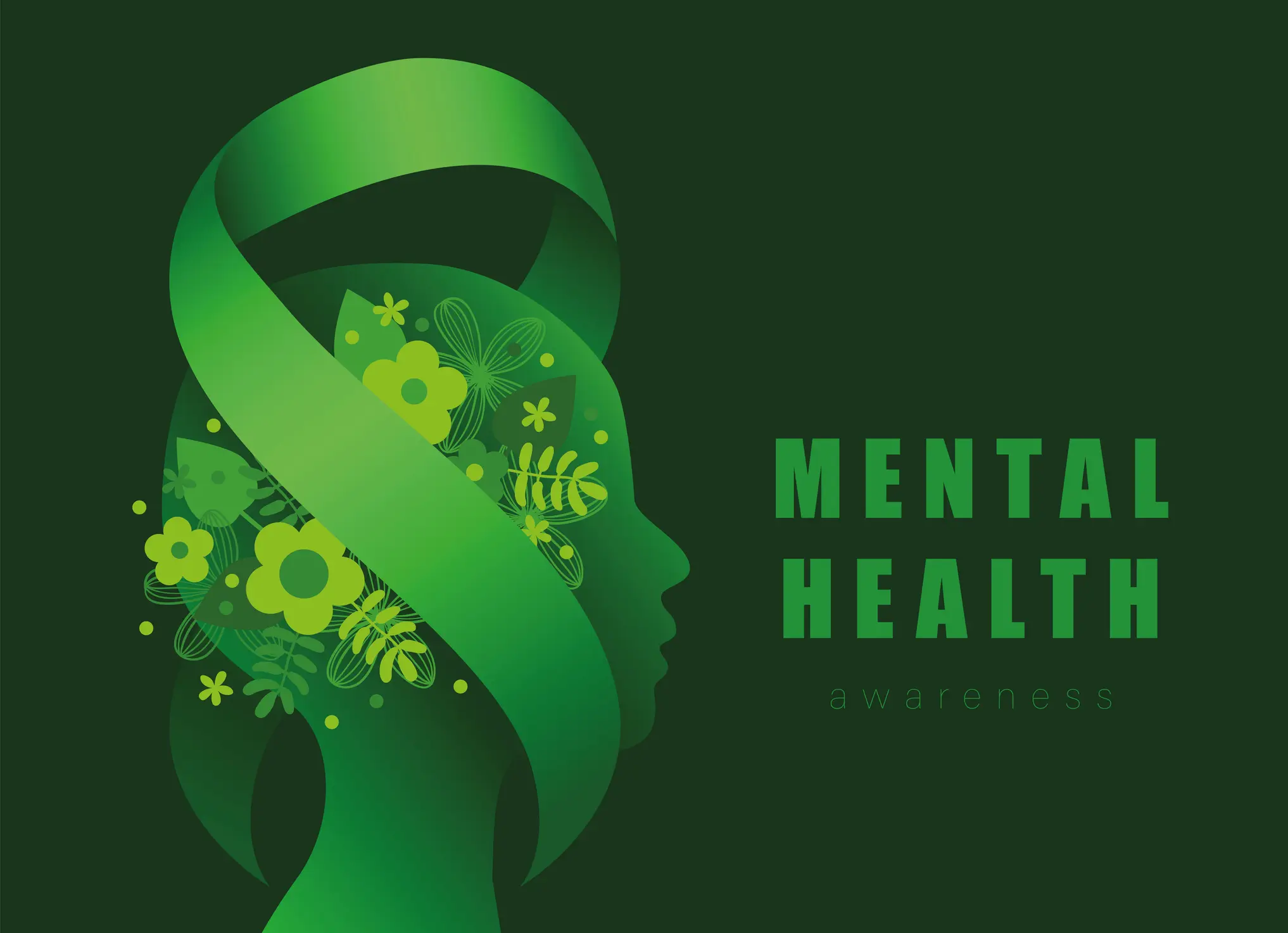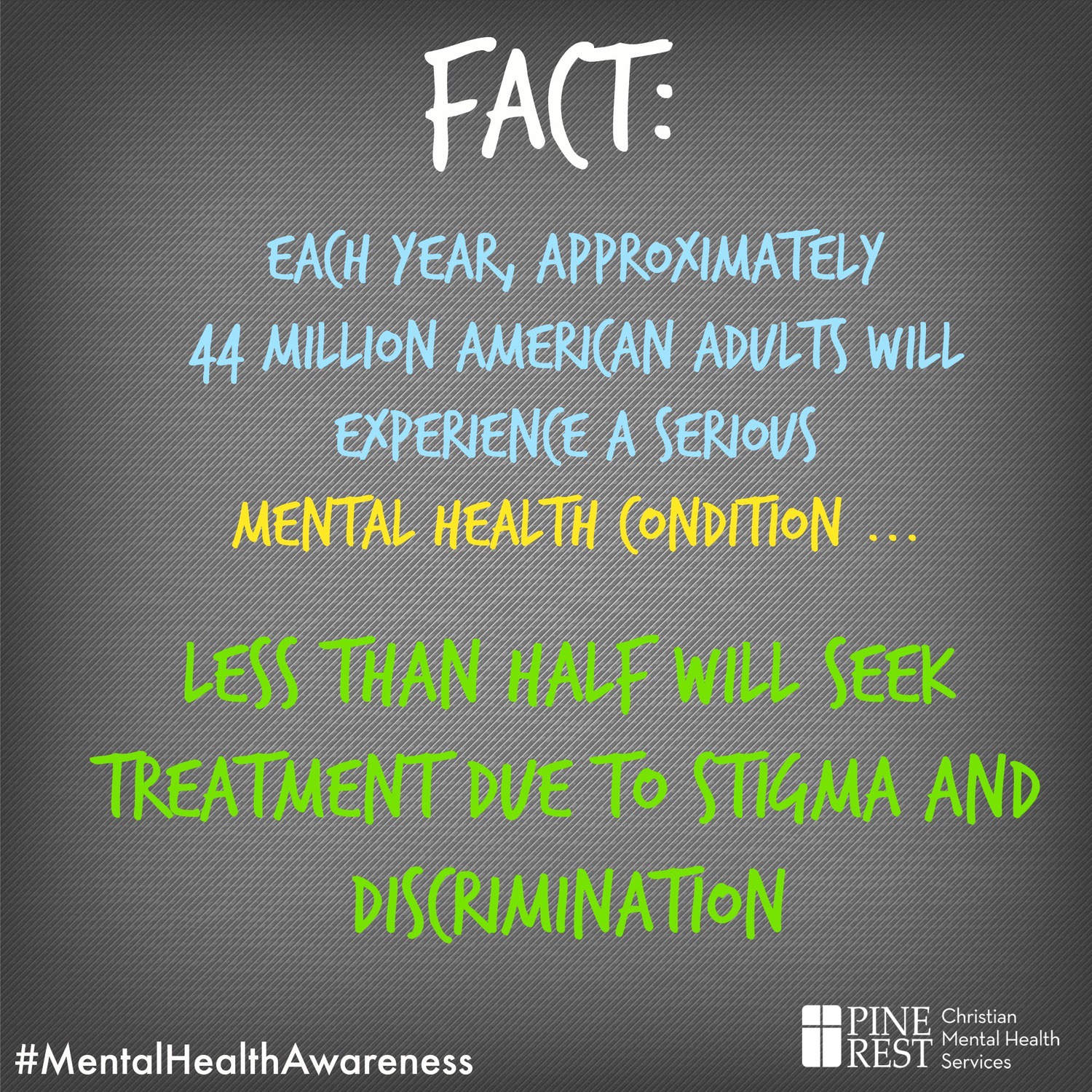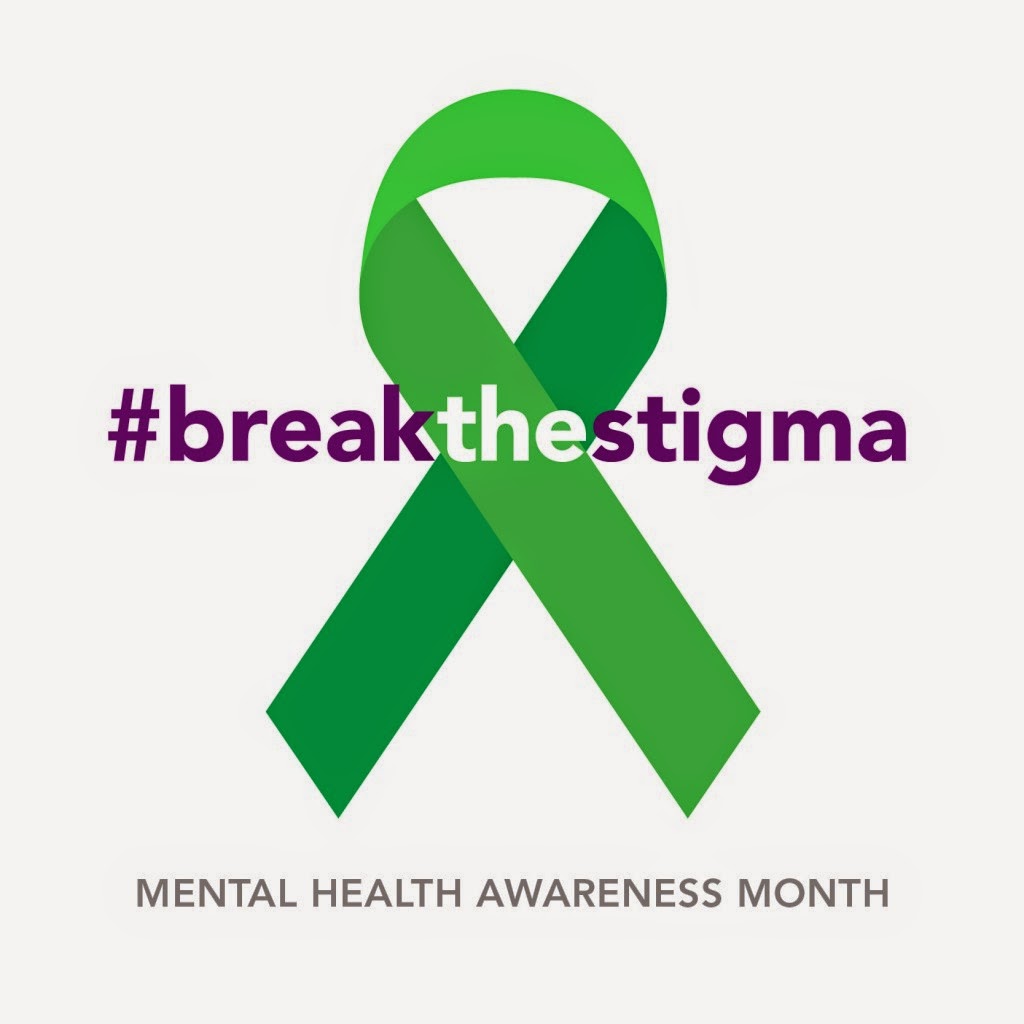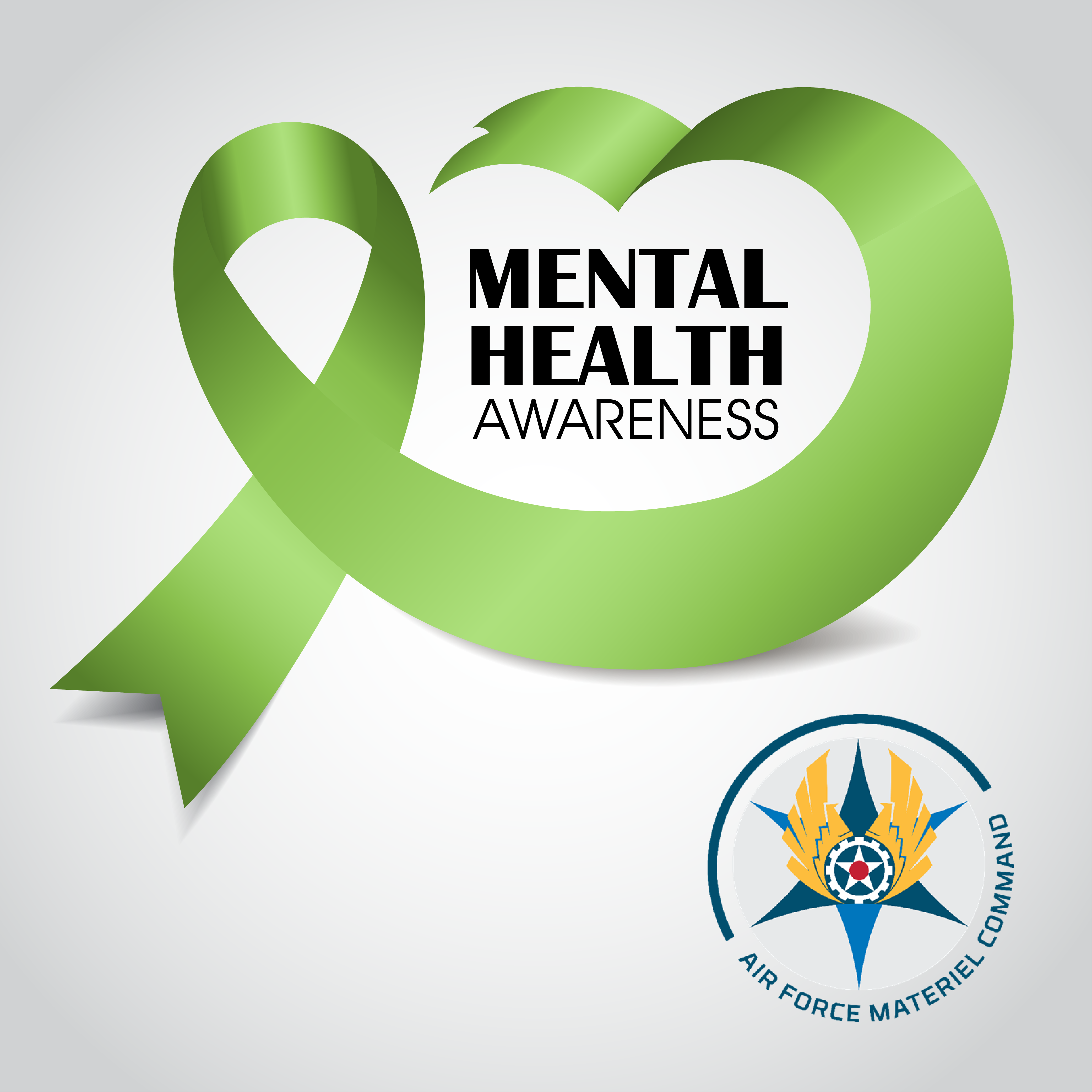Introduction to Mental Health Awareness
What is Mental Health Awareness?
Mental health awareness involves recognizing and understanding the varied psychological states that impact emotional well-being, thoughts, and behavior. It emphasizes identifying signs and symptoms of mental health issues, acknowledging how they affect people’s lives, and encouraging proactive management. Mental health awareness also includes reducing the stigma surrounding mental health struggles, thereby creating an environment where individuals feel safe and supported to seek help without fear of judgment.
Mental health issues can range from common disorders like anxiety and depression to more severe conditions such as bipolar disorder and schizophrenia. Understanding these aspects through an informed lens fosters compassion and empathy, encouraging communities to take a more proactive stance in supporting those affected. By spreading awareness, we can dismantle misconceptions and normalize conversations around mental health challenges, making it a vital component of overall health and wellness.

The Importance of Mental Health Awareness
The significance of mental health awareness cannot be understated. It underpins our ability to function as healthy, productive members of society. Here are several reasons why mental health awareness is crucial:
- Destigmatization: Awareness initiatives play a pivotal role in challenging and changing societal perceptions of mental health. By educating the public, we can break down stereotypes and diminish the sense of shame that surrounds mental health issues.
- Early Intervention: Recognizing symptoms early can lead to timely intervention and more effective management of mental health conditions. Awareness encourages individuals to seek help earlier, improving prognosis and enhancing quality of life.
- Support and Compassion: When communities become informed, they develop a supportive network for those dealing with mental health challenges. This sense of community is invaluable and can significantly influence recovery and resilience.
- Prevention: By promoting mental health awareness, we contribute to preventive approaches that minimize the onset of mental health issues. Comprehensive understanding leads to healthier lifestyle choices and coping strategies.

For further insights on the importance of mental health awareness, consider visiting MentalHealth.gov, a reliable resource that expands on the fields of mental health awareness and education.
Promoting widespread mental health awareness leads to a more connected and understanding society, where mental well-being is prioritized just as much as physical health. With continued efforts, we can foster a world where mental health support is accessible, stigma-free, and integrated into our daily lives.

Key Components of Mental Health Education
Understanding Mental Health Issues
Grasping the complexities of mental health issues is crucial for fostering a compassionate and informed society. Mental health education must encompass a comprehensive understanding of various conditions like anxiety disorders, depression, bipolar disorder, and schizophrenia. Each of these conditions affects individuals in unique ways, and acknowledging their nuances can diminish stigma and promote empathy.
Awareness also involves recognizing potential triggers and warning signs. For instance, mood swings, changes in sleeping and eating patterns, and withdrawal from social activities might signal underlying mental health problems. By identifying these signs early, interventions can be more effective, ultimately leading to better outcomes.

Proper education about mental health issues implores society to challenge common myths and misconceptions. It dismantles erroneous beliefs that mental health challenges are signs of weakness or that they cannot be treated effectively. According to the World Health Organization, understanding the origins and manifestations of mental health problems is essential in destigmatizing them and providing adequate support.
Promoting Mental Well-being
Promoting mental well-being goes beyond addressing mental illnesses; it involves cultivating an environment where mental health can thrive. This begins with encouraging lifestyle practices that support psychological balance, such as maintaining a healthy diet, regular physical activity, and sufficient sleep.
Creating supportive environments is also key. Schools, workplaces, and community centers need to embrace inclusive and communicative atmospheres where individuals feel safe seeking help and sharing experiences without judgment.
Further, integrating psychological resilience strategies into daily routines can enhance mental well-being. Practices like mindfulness, meditation, and cognitive behavioral techniques empower individuals to manage stress and emotional challenges more effectively.
To effectively promote mental well-being, comprehensive policy frameworks and initiatives that focus on prevention and support must be developed. As the American Psychological Association suggests, community-level interventions can significantly reduce the prevalence of mental health issues and optimize overall well-being.

Mental Health Advocacy in Society
Role of Organizations in Mental Health Advocacy
Organizations play a pivotal role in championing mental health advocacy by leveraging their resources, expertise, and networks to create meaningful change. These entities, ranging from global institutions to localized non-profits, strive to dismantle the stigma surrounding mental health by promoting awareness, providing education, and facilitating access to care. Esteemed organizations such as the World Health Organization (WHO) emphasize the necessity of integrating mental health services into primary health care systems, ensuring that mental wellness is recognized as a cornerstone of overall health.
Through policy advocacy, these organizations lobby for legislative changes that support mental health initiatives, aiming to secure increased funding and resources. Initiatives such as the Mental Health First Aid program educate individuals and communities on how to recognize and respond to mental health crises effectively. By collaborating with governments and policymakers, organizations advocate for the implementation of practical policies that promote mental well-being at both the societal and individual levels.
Further, organizations often conduct research to understand better the complexities of mental health issues, thus contributing to data-driven solutions that are both sustainable and impactful. For more insights into how organizations contribute to mental wellness, consider visiting MentalHealth.org.
Community Initiatives and Support Groups
At the grassroots level, community initiatives and support groups serve as lifelines, offering direct support and fostering environments of understanding and acceptance. These groups often tailor their approaches to meet the unique needs of their communities, providing a crucial network for individuals seeking connection and empathy.
Support groups offer a safe space for individuals to share experiences, vent frustrations, and celebrate progress without fear of judgment. By participating in these groups, individuals can connect with others facing similar challenges, thereby reducing feelings of isolation and empowering members through shared knowledge and encouragement.
Communities can host workshops, seminars, and regular meet-ups designed to inform and equip citizens with the tools necessary to support mental health and wellness. Collaborations with local healthcare providers and mental health professionals facilitate access to resources and services, ensuring that assistance is within reach for those in need.
Through these collective efforts, communities can thrive as they work together to promote awareness and understanding, breaking down the barriers that hinder open dialogue about mental health. Such initiatives underscore the vital role local networks play in the broader landscape of mental health advocacy, proving that change is possible when communities unite toward a common goal.
How to Promote Mental Health Awareness
Educational Programs and Workshops
Promoting mental health awareness through educational programs and workshops is a vital strategy to foster understanding and reduce stigma. Such initiatives empower individuals with knowledge about mental health issues, and they equip communities with the tools to support those experiencing mental health challenges.
Schools, universities, and workplaces play an essential role by integrating mental health education into their curriculums and training modules. For example, by organizing workshops featuring mental health professionals and lived-experience speakers, institutions can provide firsthand insights into mental health realities and recovery journeys. These sessions can demystify mental health topics, fostering a supportive environment where individuals feel safe discussing their mental well-being.
Moreover, community centers and non-profit organizations can host open forums and workshops to engage broader audiences in dialogue about mental health. These educational events can offer comprehensive resources on stress management, healthy coping strategies, and support systems available for those in need. According to the World Health Organization, increasing public awareness through education is critical in addressing mental health on a global scale.
Social Media Campaigns
In the digital age, social media campaigns have emerged as powerful tools for spreading mental health awareness far and wide. With billions of active users on platforms like Facebook, Instagram, Twitter, and TikTok, social media enables messaging to reach diverse audiences across geographical boundaries. These campaigns can destigmatize mental health, encouraging open conversations and reducing associated stereotypes.
Developing impactful content that resonates emotionally and educatively is essential. Infographics, personal stories, and expert interviews can capture the audience’s interest, making complex mental health topics more relatable. Additionally, these campaigns often employ popular hashtags, like #MentalHealthMatters and #BreakTheStigma, to increase visibility and participation.
Collaborating with mental health influencers and organizations enhances credibility and reach. Influencers with experience or expertise in mental health can leverage their platforms to disseminate accurate information, share resources, and create supportive communities where individuals can connect and share experiences. Furthermore, engaging online communities through interactive Q&A sessions, webinars, and virtual support groups can offer ongoing education and create a sense of solidarity.
By effectively utilizing educational programs and workshops alongside social media campaigns, society can promote comprehensive mental health awareness. This, in turn, will create more inclusive and supportive environments conducive to well-being and resilience.
Conclusion: The Future of Mental Health Awareness
Continuous Efforts for Improvement
As society progresses, the future of mental health awareness hinges on the relentless pursuit of knowledge, advocacy, and reform. It’s crucial for stakeholders at every level—from policymakers to community members—to maintain momentum in addressing mental health challenges. By striving for improvement, we ensure that mental health remains a priority, not just a fleeting trend.
One of the most promising avenues for continuous improvement is the integration of mental health education into schools and workplaces. By implementing comprehensive mental health programs, we can cultivate environments where understanding and empathy are the norm. Education systems and corporate environments are crucial battlegrounds where change can be fostered. Workshops and training sessions that focus on mental health literacy, resilience-building, and stress management are essential to making mental health an everyday conversation, not just a discussion pushed to the backburner when crises arise.
Furthermore, advancing research and development in the field of mental health can lead to breakthroughs in treatment and new insights into preventing mental illnesses. A strong commitment to funding research not only enhances our understanding but paves the way for innovative therapeutic interventions. Collaborative efforts between governments, non-profit organizations, and the private sector will be necessary to maintain robust research pipelines.
An increased push towards integrating digital health tools could revolutionize how mental health services are delivered. Applications and platforms that provide mindfulness exercises, teletherapy, and AI-driven mental health support can bridge gaps for individuals where traditional services might be lacking. High-quality resources that can be accessed remotely empower individuals with the tools they need to manage their mental health proactively.
Moreover, it’s vital to uphold cultural competency and inclusivity in mental health discourse. Recent studies highlight the disproportionate impact of mental health conditions across different demographics, stressing the need for culturally sensitive approaches to care. By acknowledging and addressing these disparities, we can ensure more equitable access to resources and support systems.
Continuous efforts for improvement also mean fostering community-driven initiatives. Grassroots movements and support groups are instrumental in shifting perceptions and reducing stigma attached to mental health issues. Bolstered by strong advocacy and policy changes, such efforts can lead to significant cultural shifts and societal benefits. For further insights into current mental health initiatives and their benefits, consider visiting the World Health Organization’s mental health page.
Ultimately, the continuous push for improvement must be a collaborative endeavor. Every voice matters in the discourse on mental health awareness. By building on our current efforts, we can shape a future where mental health support is accessible, comprehensive, and entwined in the fabric of everyday life.

